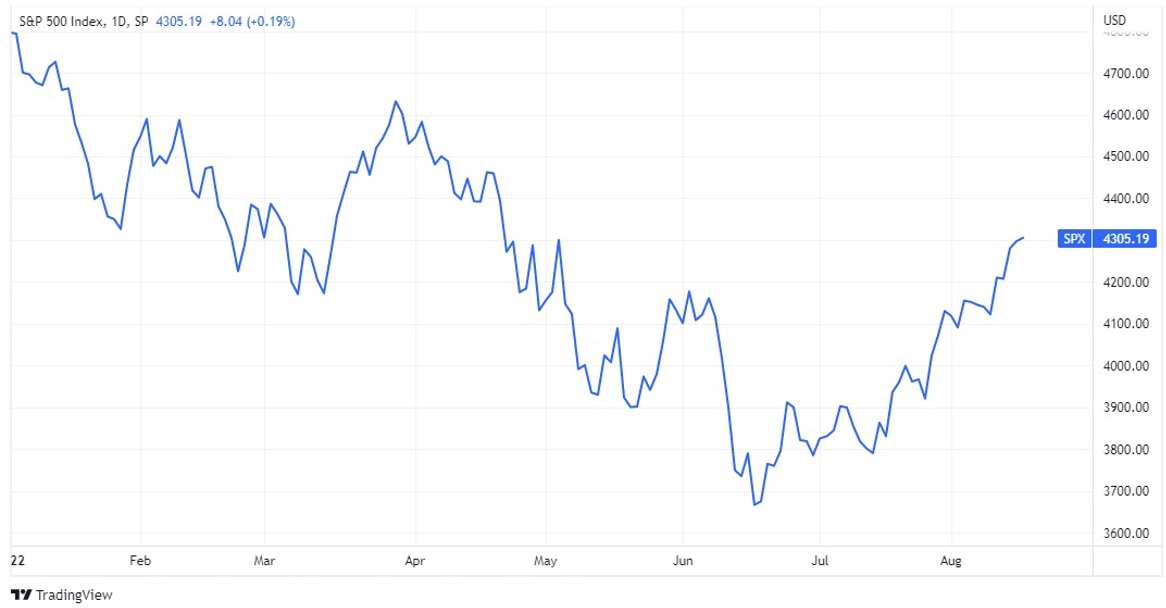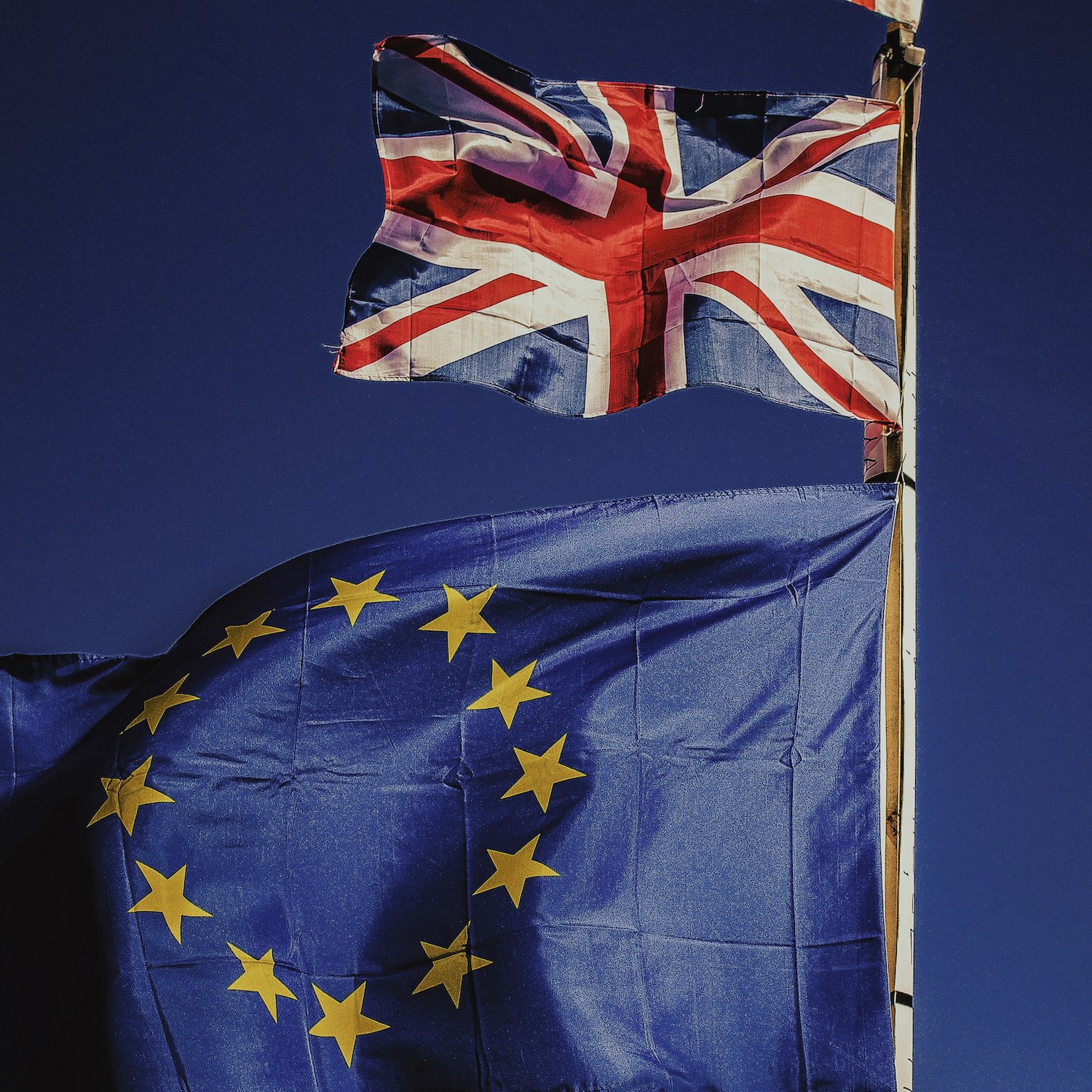The new decade welcomed us with the COVID-19 pandemic, weighing down on the aspirations for growth. There were winners, such as the big pharma, technology and e-commerce, and there were sore losers, like the tourism & aviation sectors.
After the timely macroeconomic recovery, another crippling recession in 2022 was bestowed, and there weren’t many winners this time. Magnifying the effects of the virus, Russia’s invasion of Ukraine led to global economic slowdown, which turned into nation-wide recessions. US & EU-led sanctions on Russia disallowed business, including investments, imports & exports.
Prevalent energy shortages have been exacerbated which prompted the vicious rise in oil prices, amid high demand & tight supply. This led to inflation, which has been climbing since the start of 2022. There’s hope of a quick recovery, as central banks are here to save the day.
Will inflation get out of control?
This depends both on the distribution of shocks to the economy & how central banks react. Record-high inflation has driven central banks to hike interest rates as the weapon of choice.
U.S. Inflation
The U.S. Federal Reserve bumped its benchmark rate by 25 basis points in March to tame the rise of consumer prices. In May, the 50 basis points increase marked the largest rate hike in over 20 years.
Things remained out of control, and the Fed spiked its rates by 75 basis points in June; an initiative never done since 1994. Inflation in the United States was at 9.1%, which marked the largest yearly increase in 40 years. Americans consider inflation to be the nation's most serious problem, and President Joe Biden stated that addressing the issue is his top domestic priority.
Signs of hope were seen in July. Investors expected a large rate hike, which was exactly the case when the Fed boosted the rate by 75 basis points, and it wasn’t a surprise this time. Inflation eased to 8.5% amid slumping energy prices.
On August 17th, Joe Biden signed the Inflation Reduction Act into law, enabling a $369 billion investment in climate and energy initiatives, a $64 billion fund to reduce health insurance costs and a 15% corporate minimum tax on companies which earn over $1 billion a year.
European Inflation
The rising prices of goods & services has plagued the European continent not just in 2022, but since last year. A deteriorating euro witnessed its value to equate to the U.S. dollar for the first time in 20 years. In June, European consumer prices soared to 9.6%; an all-time high.
The European Central Bank (ECB) hasn’t increased the benchmark rate in 11 years, but this recession was looking too calamitous to just sit back and relax. On July 21st, the ECB escalated rates by a larger-than-expected increment of 50 basis points to combat inflation.
Recently, the United Kingdom has witnessed double-digit inflation for the first time in four decades, spiraling to 10.1% in July due to surging food and fuel prices. This comes hand-in-hand with the many travelers flocking to the nation, as the prices of air fares have also grown. The Bank of England (BoE) hasn’t been reluctant to hike rates. It raised the cost of borrowing six times since December but the economy remains crippled in many aspects.
Is the economy recovering?

What’s interesting about this recession is that there have been quick recoveries, which is uncommon to previous downturns. After the 2008 financial crisis, it took major economies over four years to fully recover. Using the renowned S&P 500 index as a representation, it recovered over half of its losses in a matter of two months.
Nowadays, people are more willing to spend & invest, which wasn’t the case in earlier decades. Unemployment remains generally low across the globe, and global economies are recovering faster. Tourism in Europe surpassed pre-pandemic levels, factory activity in Asia remains robust, and despite rising COVID cases in China, things seem to be more on the positive side.
A lot actually depends on the United States doing better, and how Europe will diminish its energy dependency on Russia. A concerning 40% of Europe’s total gas consumption in 2021 is that of Russian natural gas. So, winter represents the major turning point for not just Europe, but the interconnected global economy as a whole.



